
Front_Office_Operations
.pdf
Chapter 8– Guest services and communications
Information services
5.2 Looking up information for guests
Common Information requests and reference resources may include the following.
|
Topic |
Information source |
|
Transport |
Printed timetables/schedules for buses, trains and airlines |
|
|
Telephone directory for bus, train, airline and taxi providers |
|
|
Direct telephone link to local/preferred taxi companies |
|
Entertainment |
Directory of restaurants, cafes, clubs, entertainment venues (cinemas, theatres, sports |
|
and tourism |
venues), sporting facilities (golf/tennis clubs, water sport providers) etc |
|
|
Directory of local travel agents and tour operators |
|
|
What's On?' guides provided by local tourism offices, destination marketers |
|
|
newspapers and so on |
|
|
Programmes for local cinemas and theatres |
|
|
Brochures provided by entertainment venues, tour companies etc |
|
|
Directory and/or brochures of sister hotels and other hotels (for onward travel |
|
|
arrangements) |
|
|
AA and RAC handbooks (covering UK regions, towns and cities; hotels, |
|
|
restaurants and entertainment venues; transport service; road maps) and |
|
|
their equivalents in other countries |
www.cthresources.com |
Page 471 |
|
|
|
www.cthawards.com |
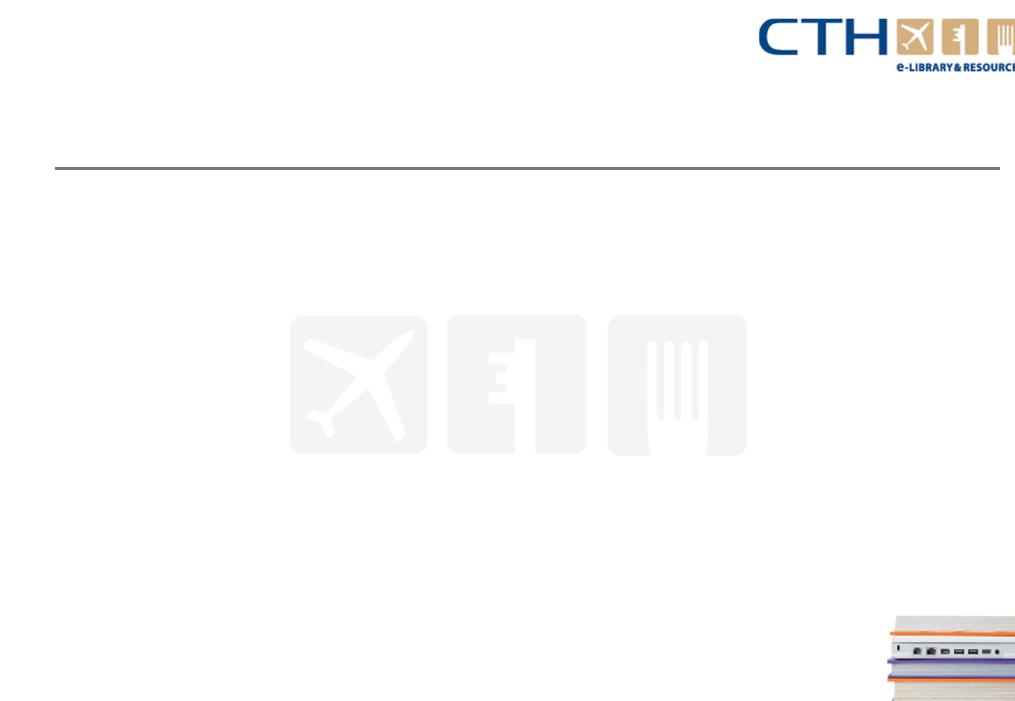
Chapter 8– Guest services and communications
Information services
5.2 Looking up information for guests
Topic |
Information source |
Local facilities |
Directory of local hairdressers, chemists/pharmacies, doctors, dentists, banks, shopping |
and amenities |
centres |
|
Street maps of the town/city and local area |
General |
Directory of the embassies, consulates and passport offices of different nations |
information |
Listings of selected local places of worship, with contact numbers and service times |
|
Local telephone directories and business directories (e.g.. the White Pages and Yellow |
|
Pages) |
|
Local, national and international newspapers (available for reference or purchase) |
|
The Post Office Guide (to postal services, rates and regulations) |
www.cthresources.com |
Page 472 |
|
www.cthawards.com |
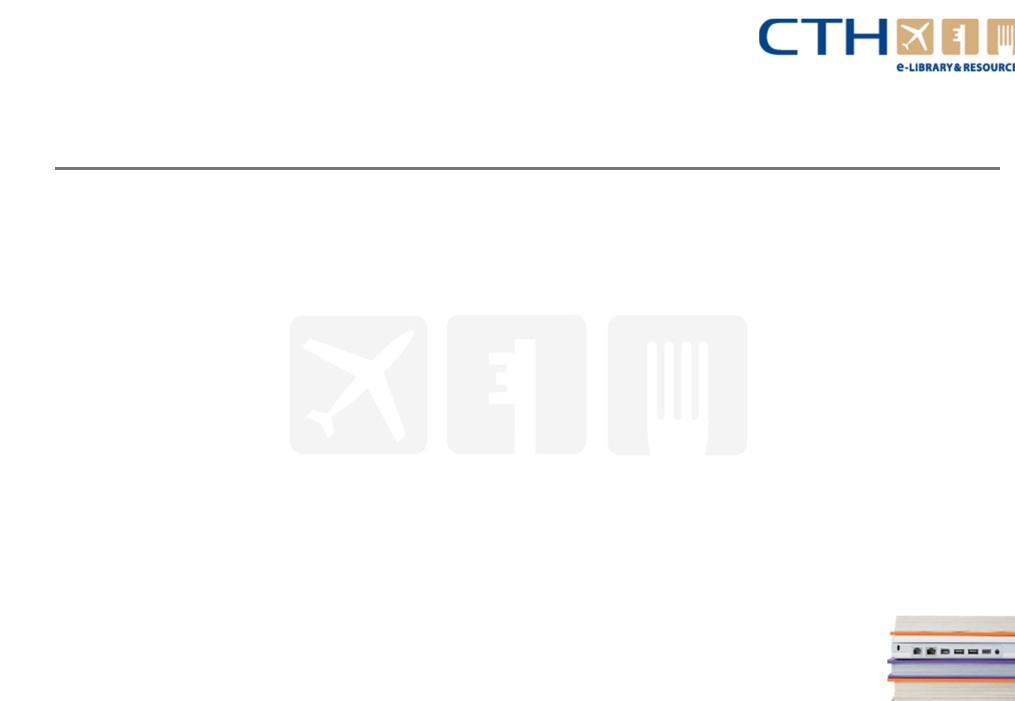
Chapter 8– Guest services and communications
Information services
5.3 Communication assistance for foreign guests
Some hotels make special efforts to assist foreign guests who may not speak the local language.
●The hotel may seek to employ multi-lingual staff In Front Office roles: that is, who speak more than one language. (e.g.. Hotels in non-English speaking countries, often seek to employ staff who can speak English (since this will be the first or second language of a high proportion of guests from various countries).
●If the hotel has identified a high proportion of its guests as being of a particular origin, it may seek to employ staff who can communicate in their language. It may also have key documents and welcome packs prepared in their language, to assist them through the main procedures of the guest cycle. (e.g.. In Sydney, Australia, many large hotels cater for Japanese travellers in this way, because of the high proportion of Japanese corporate and leisure trade).
●The hotel may be able to offer translation and interpretation services, by arrangement with specialist outside agencies, for conferences, business meetings, special functions (e.g.. weddings) or VIP guests.
www.cthresources.com |
Page 473 |
|
www.cthawards.com |
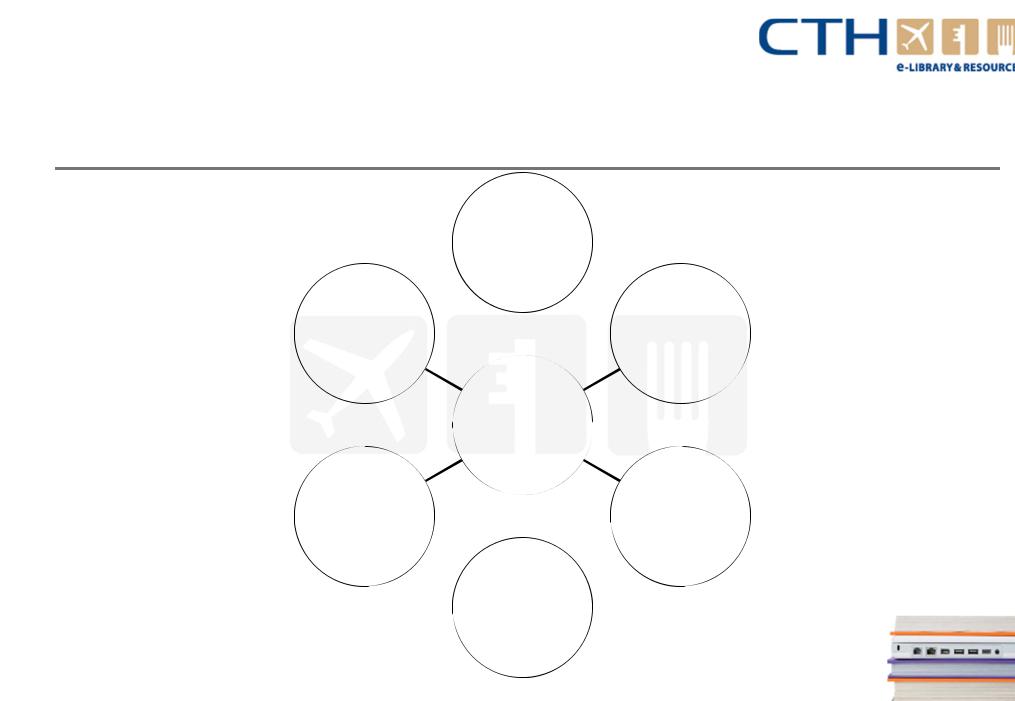
Chapter 8– Guest services and communications
Summary
|
Switchboard |
|
|
- Incoming |
|
|
- Outgoing |
|
|
- PABX |
|
Guest information: |
|
Internet |
- Transport |
|
|
|
||
|
|
|
- Entertainment |
|
|
- Local facilities and |
|
- fax |
|
||
amenities |
|
|
|
Guest Services |
|
|
and |
|
|
communications |
|
Business service |
|
|
- Office equipment |
|
|
- Computer |
|
Handling |
|
||
terminals |
|
incoming and |
- Photocopier |
|
outgoing mail |
- Secretarial
-Multi-lingual
Messaging
service
www.cthresources.com |
Page 474 |
www.cthawards.com
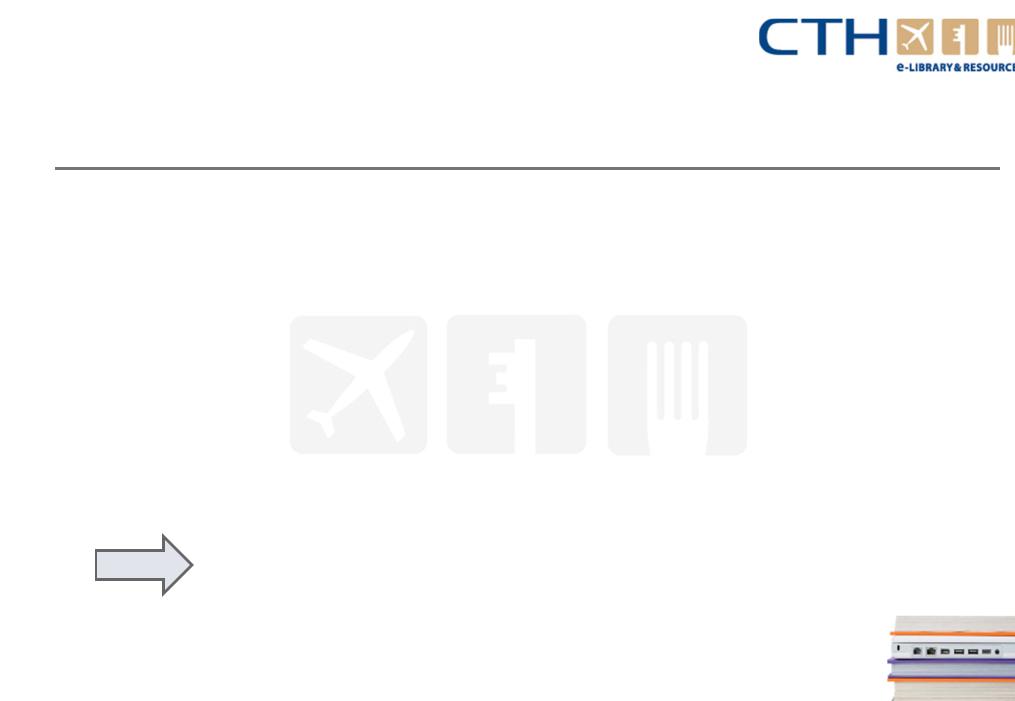
Chapters
1.Introduction to front office operations
2.Reservation procedures
3.Check-in procedures
4.Check-out procedures
5.Guest accounting
6.Yield management, statistics and reports
7.Security and safety responsibilities
8.Guest services and communications
9.Interpersonal and selling skills
www.cthresources.com |
Page 475 |
|
www.cthawards.com |
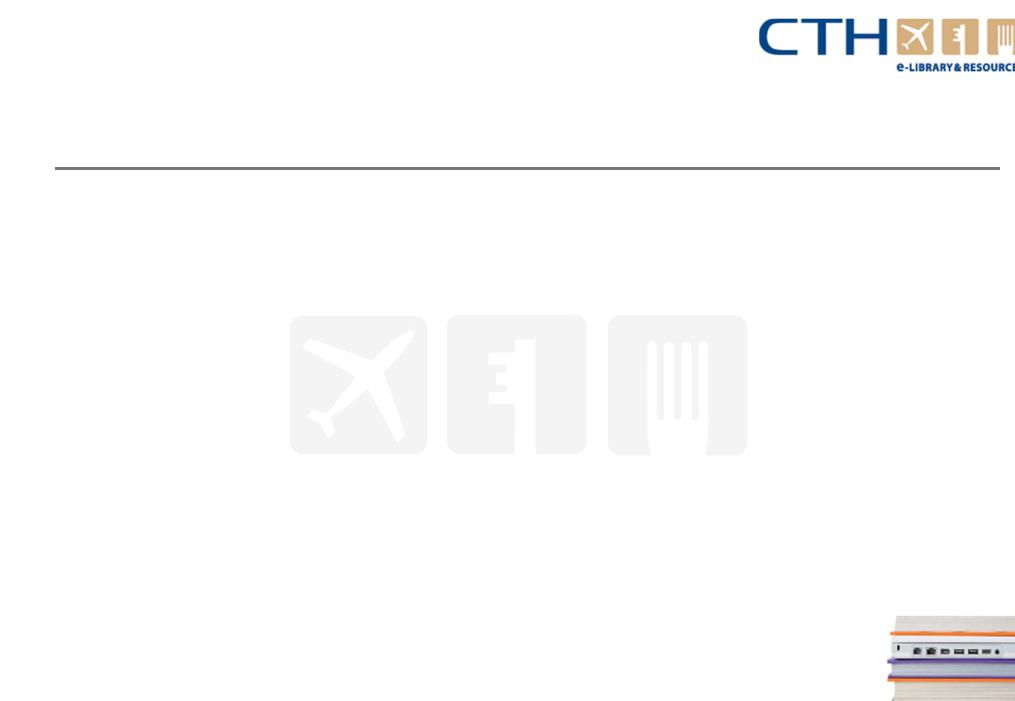
Chapter 9 – Interpersonal and selling skills
Objectives
In this chapter you will learn to :-
●The importance of Front Office roles in 'selling' the hotel
●Personal qualities and social skills that can be used by Front Office staff to support guest satisfaction and maximum occupancy
●Selling skills and techniques
●What attributes and facilities attract guests to a hotel: needs and wants of different guests
●Problems that may inconvenience guests, and how to deal with them
●How to encourage and utilise guest feedback
●How to handle guest complaints in a constructive manner
●Staff training and induction for Front Office roles
www.cthresources.com |
Page 476 |
|
www.cthawards.com |
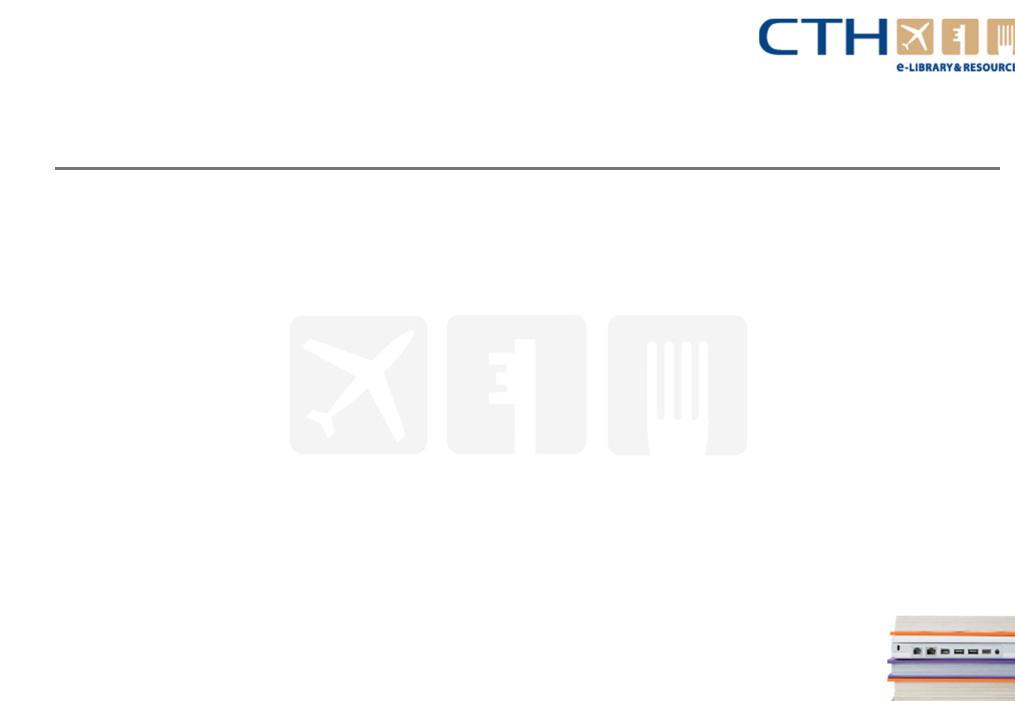
Chapter 9 – Interpersonal and selling skills
The importance of Front Office roles in ‘selling’ the hotel
1.The importance of Front Office roles in ‘selling’ the hotel
1.1Basic principles of marketing
1.2Customer service
1.3The sales role of Front Office staff
1.4Aims and benefits of Front Office selling
www.cthresources.com |
Page 477 |
|
www.cthawards.com |
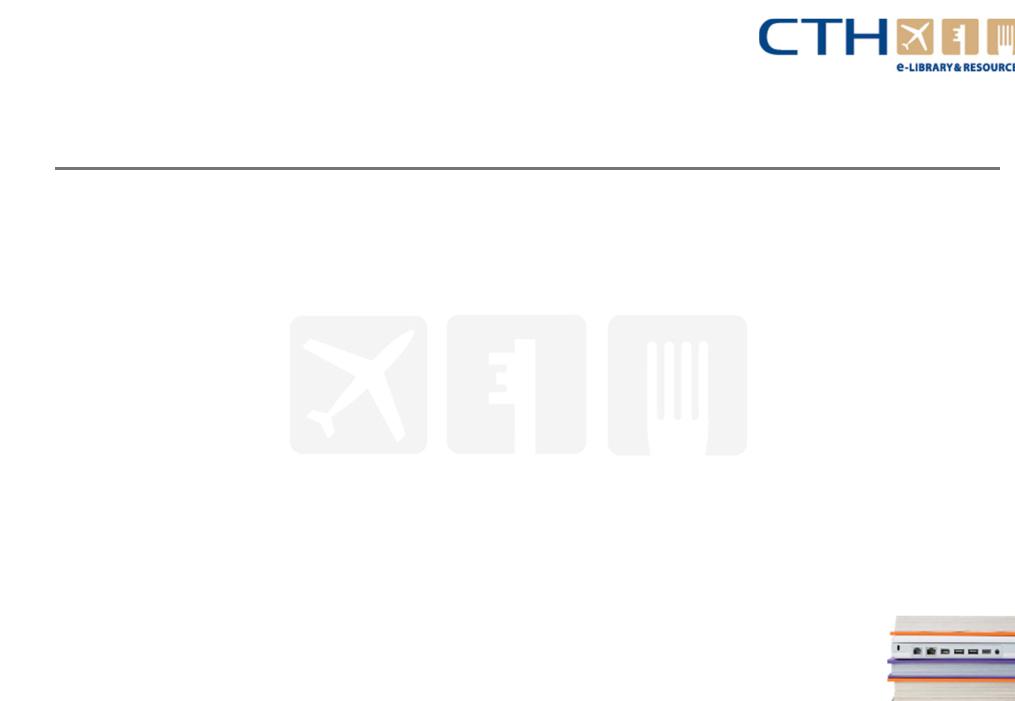
Chapter 9 – Interpersonal and selling skills
The importance of Front Office roles in ‘selling’ the hotel
It is the responsibility of the hotel's sales and marketing department to plan hotel services and amenities that will appeal to a target audience; to Implement advertising and public relations activities to raise awareness and attract customers; to ensure that the hotel is promoted by various sales or 'distribution' channels such as travel agencies, tour operators and internet booking sites and, over all, to maximise room revenue.
‘Marketing' is the responsibility of all staff, because every contact with members of the public and potential guests (e.g.. at the point of enquiry) may influence their impression of the hotel, and whether they will be attracted to stay there. Every contact with guests staying in the hotel may influence their satisfaction with their stay, and whether they recommend the hotel to others and whether they intend to return in future. All staff are 'ambassadors' for - and 'promoters' of – the hotel.
www.cthresources.com |
Page 478 |
|
www.cthawards.com |
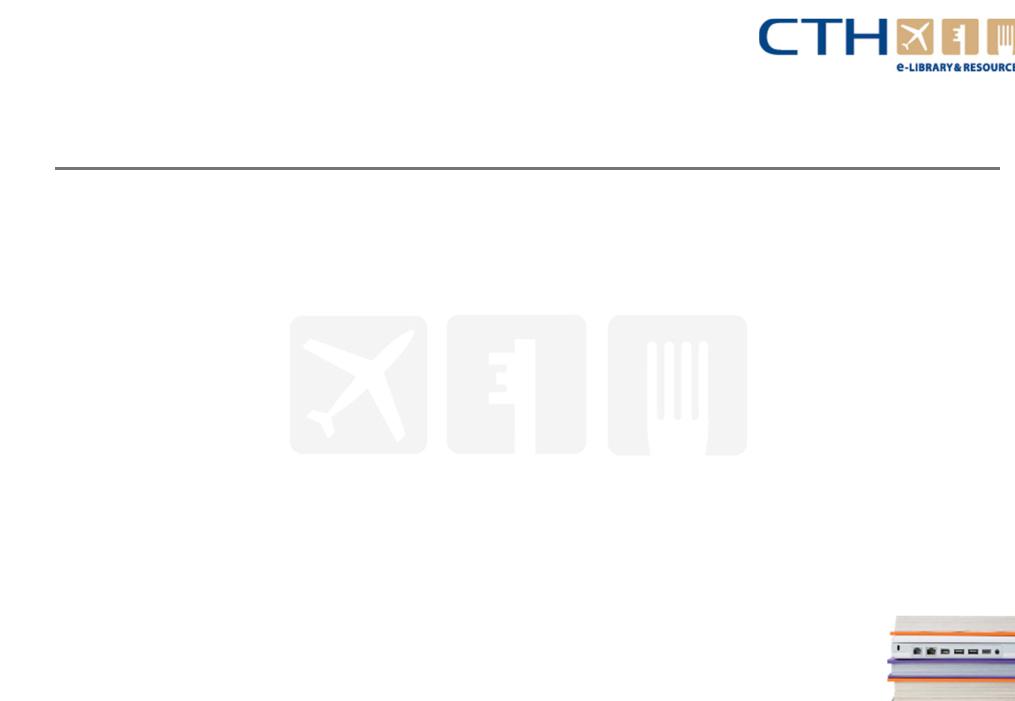
Chapter 9 – Interpersonal and selling skills
The importance of Front Office roles in ‘selling’ the hotel
Front Office has an important part to play in the promoting and selling of the hotel
●Converts enquiries into actual sales, that is, in convincing a prospective customer to decide in favour of buying the 'product' offered by the hotel
●Is an essential part of the first impression made by the hotel (by phone, in writing or in person at front desk), which may be important in converting enquiries - and also in reassuring arriving guests that they have made the right choice, contributing to customer satisfaction, and perhaps predisposing guests to further purchases with the hotel
●They have ideal opportunities to sell additional services to guests at various points in the guest cycle, by virtue of dealing directly with guests at these points. (e.g.. At the reservation stage, the clerk can offer options to help the enquirer to make the decision to stay at the hotel - closing the sale. On arrival, the receptionist can inform the guest of additional services or options which might be purchased: a better grade of room, or the use of the hotel restaurant. On check-out, they may offer help with future bookings, or suggest that the guest join the hotel's loyalty programme etc).
●Front Office staff have the most direct customer service role in the hotel, being the focal point of guest queries and access to services. Guests' impression of - and satisfaction with hotel service will largely be shaped by the conduct of the people they deal with at the front desk and on the switchboard
www.cthresources.com |
Page 479 |
|
www.cthawards.com |

Chapter 9 – Interpersonal and selling skills
The importance of Front Office roles in ‘selling’ the hotel
1.1 Basic principles of marketing
Front Office tasks
●Know your target market. Identify its main customers, where they come from and what 'types' of traveller they are: travel agency, tour operator, business house and independent travellers; business or leisure; domestic or overseas; transient or long-stay. The target market and sales will be accordingly
●Identify the needs and wants of the target market, and develop and promote the product accordingly. Long-stay customers will probably require a more varied range of facilities, more comfortable accommodation and more catering options than transients. Business travellers will require a different range of services (office and communication services, conference/meeting facilities etc) to leisure / tourism travellers (entertainment, transport on a limited self-funded budget). Front Office staff will need to match the offer of services and facilities
–To the needs of each market segment (e.g.. highlighting services of most interest to the type of traveller), in order to present them with the most attractive 'package of benefits' for their needs
www.cthresources.com |
Page 480 |
|
www.cthawards.com |
